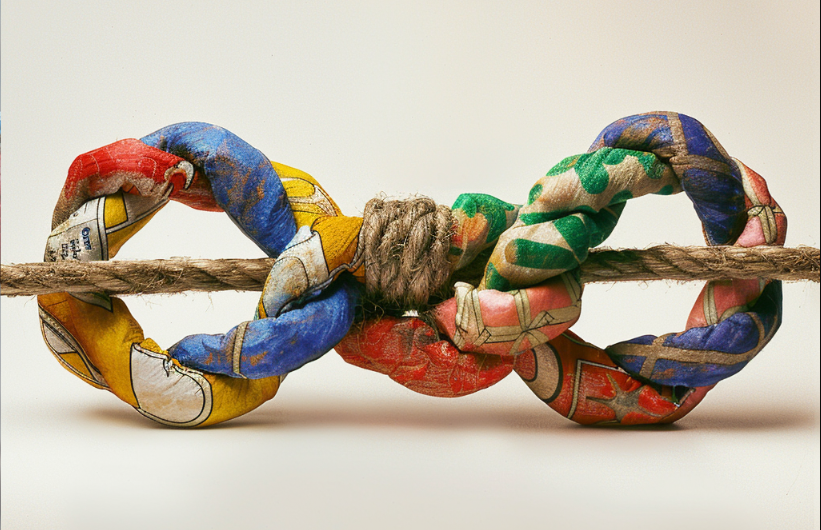My friends will tell me “stop insulting your target market.” But sometimes I just have to put on the camel shirt and cry out into the wilderness.
Publishers — We’re losing our industry because we’re not thinking about the long term.
Dominic Young sent me a very interesting article on the state of publishing. It’s called “How Coca-Cola thinking could fix the news industry,” and I’ll provide a link below.
It applies to more than news. The same basic issues are relevant for magazine and special interest publishers, and to B2B to some extent.
Dominic’s case goes like this.
When publishing was successful, readers were making simple, casual purchases at the newsstand. They didn’t have to give their email address. They didn’t have to subscribe. They just bought a paper or a magazine.
They had the option to subscribe, but a high percentage of sales were spontaneous.
Here’s Dominic’s portrait of the reader’s mind.
We want to be able to read whatever we want, whenever we want. If we’re going to pay for something, we want it to be worth it, and we don’t want it to be a massive hassle, or a massive cost. We don’t want to subscribe and then have to remember to cancel, and we don’t want to have to sign up separately for multiple titles we might only occasionally want to dip into.
Even if we habitually return to the same titles again and again, we want the right to change our minds every now and then. We want to be able to try new things, and we don’t want to pay for things we’re not reading.
Dominic thinks the answer is to bring back casual sales. Most people call this “micro-payments,” which makes publishers shake their head and move on. Micropayments haven’t worked. They haven’t caught on with consumers, so they don’t address the problem Dominic is highlighting.
When you buy a newspaper at 7-11, it’s easy because everybody uses the same money. Imagine how hard it would be to buy a paper if every store used its own money, its own e-commerce system, with its own registration. If you had to enter your phone number so the publisher could track you.
Nobody wants that. They just want a copy of the paper and a cup of coffee.
Dominic’s argument makes a lot of sense except for one thing. It requires massive consumer adoption of a single way to pay. Like cash at the 7-11.
But – in my experience – publishers are famous for two things. They don’t cooperate, and they don’t think strategically, or long term.
Media conferences have a lot of, “Hey, look at this great wave I caught.” And the people who are making the waves – the tech companies – are sitting back and laughing.
Publishers have been pansies. They’ve allowed the tech giants to eat their lunch again and again and again because they won’t act in their collective interest.
It’s happening in real time right now with AI, as I’ve explained many times, most recently in my latest Krehbiel Letter. (Link below)
If publishing is going to survive, there’s going to have to be some cooperation and some strategic thinking. We can’t continue to ride the waves that the tech companies control. We need to look out for our interests. In a way, you could say that publishers need to unionize. We need some kind of collective that represents our interests, and we all need to get on the same page. At least with some big-picture things. Without that, Big Tech is going to eat all three of our meals.
I don’t know if Dominic’s solution is the right one. But I do know for certain that if publishers just continue to accept what Big Tech doles out, publishing is over.
Links




